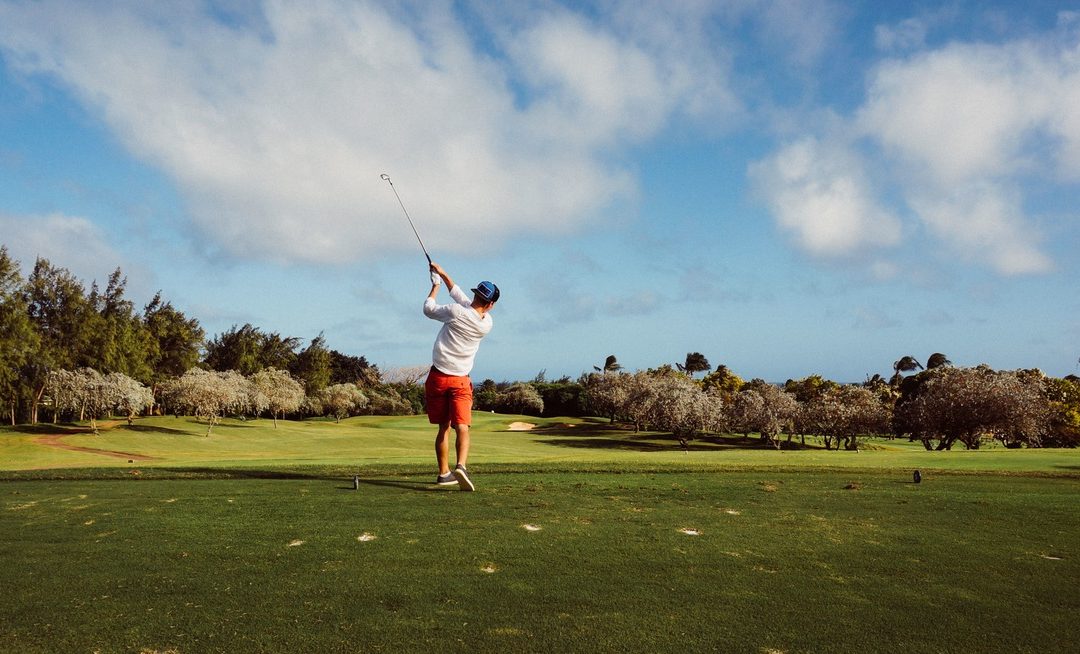Donald Triplett is 82 years old, plays golf every day, and is the first person to have ever been diagnosed with autism.
It may seem counter-intuitive, to the layperson. Golf is notoriously frustrating, requiring concentration and fine motor control, and has the kinds of rules of behavior -both written and unwritten- on the course that would lead one to assume it would be an unfriendly environment for children and adults with autism. Even seasoned professionals can lose their cool out on the course, so what chance does a child or adult with autism have?
However, the more we see young children and adults brought into the game, the more it becomes apparent that golf is the most beneficial sport that can be taught to children with autism. Jen Hong of the #GameON autism golf program, said: “People with autism, in general, do very well with repetitive tasks, with doing things that are structured,” she said. “They’re able to work on their swings over and over again, and if you have your swing down, you’ll have ‘muscle memory’ and be able to succeed more,” she said.
She also explains that those with autism have trouble reading and understanding social cues and interaction, and that it can be a great cause of stress in their lives. Golf, however, has a strict set of rules about interacting with others on the course, and the social rules in place can benefit and calm those with autism.
“There are a lot of social aspects about being on a golf course,” said Hong. “There’s courtesy for other players, waiting for your turn. You have the chance to socialize, but have to behave a certain way. In golf, there are very strict rules about how you behave.”
Pro golfer Ernie Els has seen the same thing with his own son, Ben, also autistic. In teaching his son golf, they found that, his son found comfort in the repetitive motion, the familiarity of the course, and the solitary nature of the game. This led to Els and his wife Liezl creating the Els for Autism foundation in 2009. This charity not only brings awareness to the benefits of the game, but also teaches children to play golf, and raises money for clinical research toward autism.
Though they often have trouble in early lessons due to motor skills that may not be on par with non-autistic peers, a common refrain from parents and golf coaches is that autistic students of the game will drill over and over and over, work harder, and eventually outperform others around them. There are many stories of “breakthrough moments” with those with autism, and even more stories of the benefits gleaned from playing leaking over into life outside of the game.
While as of now there is no clinical or scientific research which proves long-term benefits of golfing in those with autism, the potential of the game to be used as a treatment in conjunction with other scientifically-proven treatments does exist.
For many parents of children with autism, the proof is undeniable when they see the success of their children enjoying the game.
Watch this featured video piece from the Golf Channel for more information.

